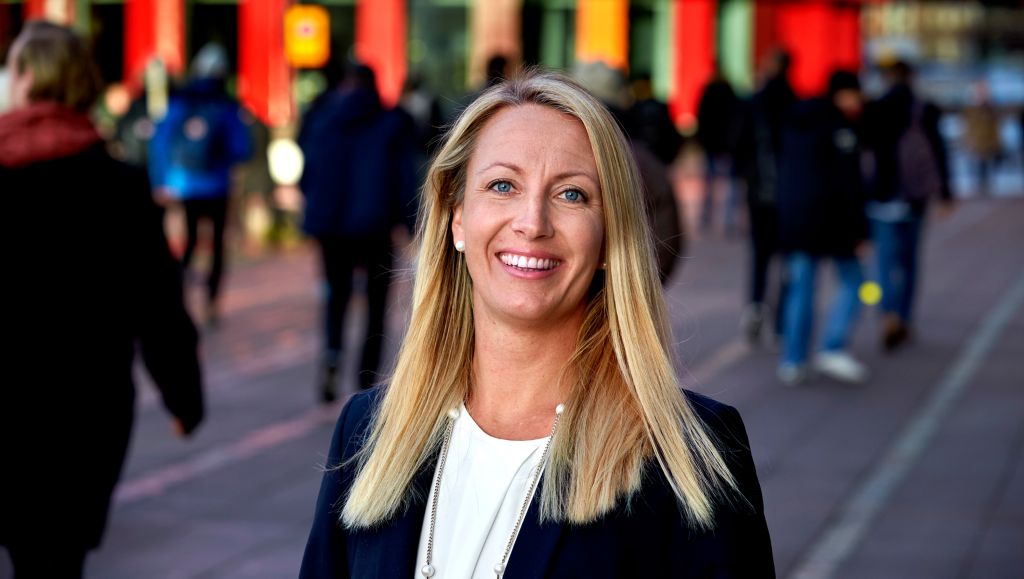Managing human rights is a part of building trust


Over the course of this year, Anna Hollman and her colleagues have worked to spread training in the Volvo Group’s Code of Conduct to as many employees as possible. Hollman believes the fact that as many as almost 40,000 employees have now played the Game of Conduct – where they got to grips with a range of ethical issues – is very positive news.
“Our Code of Conduct is the beating heart of how we conduct ourselves in our commercial activities. It is a vital policy that we need to live and work by. Among other things, the policy requires us to respect human rights, prohibits discrimination, child labour and forced labour, requires a safe and healthy working environment for our employees and grants workers the right to decide whether or not they want to join the relevant union,” she says.
With employees spread all over the world, 43,000 global suppliers and customers in over 190 countries, the work on respecting human rights is a challenge for the Volvo Group.
“Because we operate in so many different countries we also come across different laws, rules and cultures with different levels of protection and respect for human rights. There are challenges that we can sometimes influence but sometimes we have to adapt to. We are aware of this and that’s why it’s so important to have a common document about what principles the Volvo Group stands for. We work in a lot of different ways to make sure that we follow the policy,” Hollman reveals.
The Game of Conduct is one example of spreading knowledge among employees. The annual Diversity Week – which is about the equal value of every human being – is another, while the training of procurement staff is a third example.
“It’s important that we work together with our commercial partners, such as our suppliers, on responsible business practices. Our purchasers have a key role to play here in terms of requiring our suppliers to follow the principles of our Code of Conduct,” she continues.
Volvo Group has also started to work proactively with ethical, social and environmental assessments for clients in certain risk areas.
Hollman also highlights the Volvo Group’s mission to drive prosperity through transport solutions.
“By making great buses for public transport, efficient trucks to deliver goods and construction equipment that helps to enhance infrastructure right around the world, we help to develop societies and in doing so improve people’s living conditions,” she says.
The Group’s work is also very much about its customers. Building trust in our customers and creating good long-term business relationships.
“We work through our business. It is important for our business and for our commercial activities that we have a good reputation and that we can be relied upon to follow sound and responsible business practices. Working long-term and being part of the society in which we’re working demonstrate our case that we can help drive prosperity,” she explains.
Watch the film about our mission:
http://www.volvogroup.com/en-en/about-us/our-mission-and-vision.html
Human rights factsOn 10 December 1948, the General Assembly of the United Nations adopted and proclaimed the Universal Declaration of Human Rights.
These rights are universal: they apply to everyone. They state that all human beings, regardless of their country, culture or background, are born free and equal in dignity and rights. They incorporate the International Bill of Human Rights and the International Labour Organisation (ILO)’s Declaration on Fundamental Principles and Rights at Work.
In 2011, the United Nations Human Rights Council adopted the Guiding Principles on Business and Human Rights. They set out how businesses should respect human rights in their activities and through their business relationships.